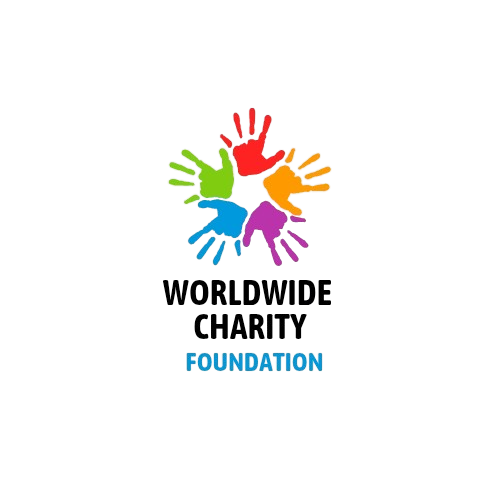
Finding a good charity involves researching its transparency, effectiveness, and financial health to ensure your donation makes a real impact. Here’s a step-by-step guide:
1. Define Your Cause
- Decide what issues matter most to you (e.g., education, poverty, health, environment).
- Narrow down by region (local, national, or global).
2. Research Charities
- Reputable Databases: Use these platforms to evaluate charities:
- Charity Navigator (rates financial health & accountability)
- GiveWell (focuses on cost-effectiveness, mostly global health)
- GuideStar (Candid) (provides IRS filings and financial data)
- BBB Wise Giving Alliance (assesses standards for accountability)
- Check Financials: Look for:
- Program spending: At least 75% of expenses should go to programs (vs. admin/fundraising).
- Overhead costs: Some overhead is necessary (e.g., skilled staff), but excessive spending is a red flag.
- Audits/reports: Publicly available financial statements show transparency.
- Impact Metrics: Look for evidence of tangible results (e.g., “X meals distributed,” “Y people educated”).
3. Assess Transparency & Accountability
- Does the charity share clear goals, outcomes, and challenges?
- Is it registered as a 501(c)(3) (U.S.) or equivalent (in other countries)?
- Avoid charities that pressure you to donate or are vague about fund usage.
4. Watch for Red Flags
- High fundraising costs (e.g., telemarketing that eats up donations).
- Lack of public documentation or refusal to answer questions.
- Negative news reports or scandals (Google the charity’s name + “scam” or “controversy”).
5. Verify Tax Deductibility
- In the U.S., use the IRS Tax Exempt Organization Search.
- Outside the U.S., check local charity regulators (e.g., Charity Commission for UK).
6. Consider Alternative Models
- Direct Giving: Platforms like GiveDirectly send cash to low-income individuals.
- Community-Based Orgs: Local groups may lack ratings but have deep impact (ask for references).
7. Start Small
- Donate a small amount first to see how the charity communicates and uses funds.
Example Highly Rated Charities (2023):
- Global Health: Against Malaria Foundation (via GiveWell)
- Poverty Relief: GiveDirectly
- Education: Room to Read
- Environment: The Ocean Cleanup
Final Tip:
Ask the charity, “What’s your biggest challenge, and how do you measure success?” A strong answer signals credibility.
What is charity navigator
Charity Navigator is a leading independent nonprofit evaluator that assesses U.S.-based charities to help donors make informed giving decisions. Founded in 2001, it provides free access to data, ratings, and tools to evaluate charitable organizations based on their financial health, accountability, transparency, and impact.
Key Features of Charity Navigator:
- Ratings System
- Rates nonprofits on a scale of 0 to 4 stars.
- Evaluates:
- Financial Health (how responsibly a charity uses donations)
- Accountability & Transparency (governance, ethics, and public reporting)
- Impact & Results (evidence of measurable outcomes)
- Top-Rated Charities
- Highlights highly effective nonprofits across various causes (e.g., disaster relief, education, health).
- Giving Tools
- Donation Platform: Allows direct giving to charities.
- Giving Basket: Enables donations to multiple charities at once.
- Charity Navigator 100: A curated list of top-performing nonprofits.
- Advanced Search & Filters
- Users can search by cause, location, or rating to find suitable charities.
- Advisory & Alerts
- Issues reports on nonprofit sector trends and warns of potential scams.
Why Use Charity Navigator?
- Ensures donations go to trustworthy, well-managed organizations.
- Provides unbiased evaluations (Charity Navigator does not charge nonprofits for ratings).
- Helps donors compare charities before giving.
Website: www.charitynavigator.org

Pingback: The best free way to give donations to your church or nonprofit - Worldwide Charity
I have desperate children here upcountry in Uganda Iganga
Am praying about their wellfare e.g education